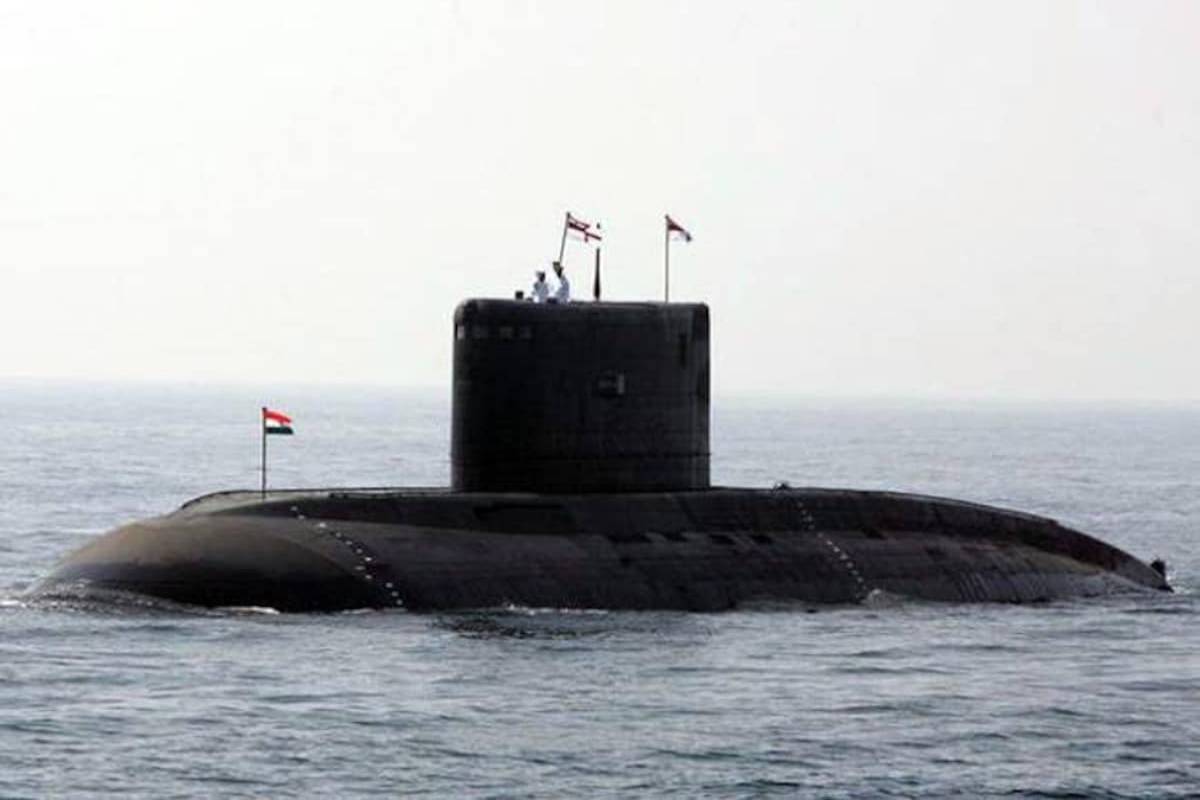Shehbaz Returns
Shehbaz Sharif has been elected as Pakistan’s Prime Minister for the second time, marking a return to a position he held until August when Parliament was dissolved ahead of the elections.
The initial reaction from Beijing has been belligerent with the trilateral partnership being termed “irresponsible and indicative of a Cold War mentality”.

In a surprise announcement late on Wednesday, barely a week before the scheduled summit meet of Quad leaders in Washington DC, the US Administration announced a new trilateral security partnership for the Indo-Pacific between Australia, the United Kingdom and the USA (AUKUS). As part of the deal, Australia will acquire nuclear-powered submarines with help from the UK and the USA.
The trilateral grouping was formally launched by Australian Prime Minister Scott Morrison who joined US President Joe Biden at the White House via video-link. British Prime Minister Boris Johnson also participated. The working thesis of strategic experts is that Japan and India, which along with the USA and Australia comprise the Quad grouping, were in the loop on this development.
The betting money is on the assumption that both countries were sounded out and the initiative has Tokyo’s and New Delhi’s tacit support. Given that both countries have carefully calibrated positions vis-à-vis China because of the proximate geographical threat the world’s second-most powerful country poses to them including on outstanding territorial issues, it is perhaps a mature and sensible approach.
Advertisement
What is of significance is that the trilateral grouping is security focused, with treaty-like commitments, suggesting it is different from ~ but complementary to ~ arrangements such as the Quad. AUKUS leaders were also quick to underline this point. Mr Morrison said: “AUKUS will enhance Australia’s contribution to its other partnerships, including the Quad.”
President Biden iterated Washington’s pivot away from West Asia and towards the Indo-Pacific with China definitely at the top of his mind: “We need to be able to address both the current strategic environment in the region, and how it may evolve, because the future of each of our nations depends on a free and open Indo-Pacific enduring and flourishing.
There’s no divide separating the interests of America’s Atlantic and Pacific partners. The USA will work with other partners ~ such as the Quad and Asean ~ in the region.” Mr Biden also singled out France for its growing presence in the region and role in strengthening security there, an attempt to soothe tempers in Paris which was close to clinching a deal with Australia to provide nuclear-powered submarines before Wednesday’s announcement. If the new partnership lives up to its potential, it could indeed be a gamechanger for the Indo-Pacific.
For, without directly placing countries such as Japan and India in China’s direct line of ire, it would effectively pose a maritime security challenge to China’s hitherto more or less unchallenged sway in the region. Nuclear-powered submarines for Australia, albeit armed with conventional and not nuclear warheads, along with India’s officially stated intent to acquire more nuclear-powered submarines and a robust projection of US, British, and French navies’ blue water capabilities in the Indo-Pacific will exponentially augment the maritime warfare abilities of the Quad-plus.
How China reacts will decide whether the region can look forward to a stable environment which fosters trade, commerce, and freedom of navigation or leads to yet more sabre-rattling. The initial reaction from Beijing has been belligerent with the trilateral partnership being termed “irresponsible and indicative of a Cold War mentality”.
Advertisement